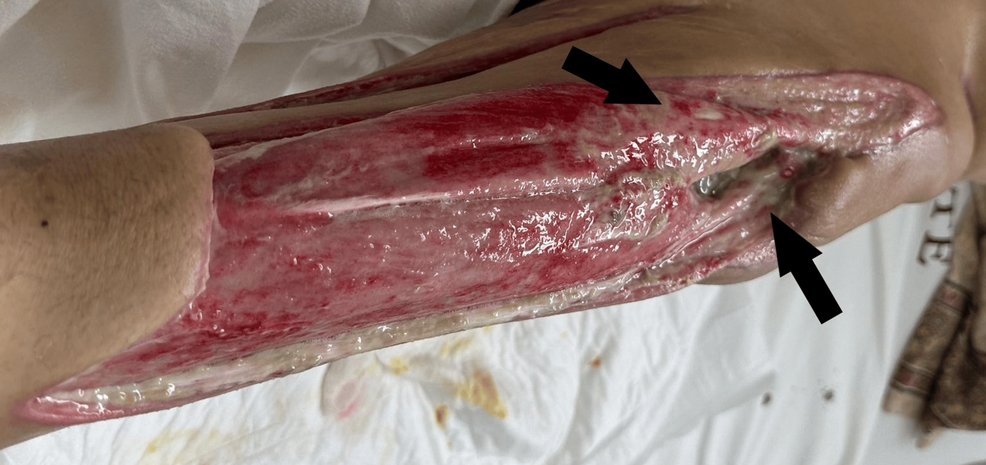As winter approaches, nurses in primary care are challenged with the assessment of young children presenting with raised temperature that may be common colds or potentially more serious illnesses. To help refresh your skills in this area, our…
Blog
-
Just a moment…
Just a moment… This request seems a bit unusual, so we need to confirm that you’re human. Please press and hold the button until it turns completely green. Thank you for your cooperation!
Continue Reading
-
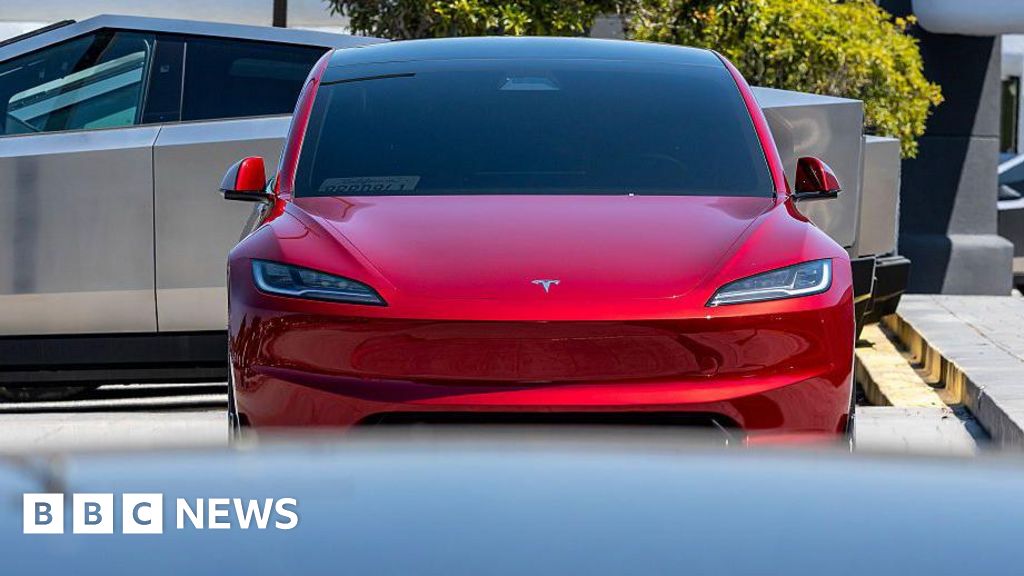
Tesla investigated over self-driving cars driving on wrong side of road
Tesla is being investigated by the US government after reports the firm’s self-driving cars had broken traffic laws, including driving on the wrong side of the road and not stopping for red lights.
It said it was aware of 58 reports where the electric cars had committed such violations, according to a filing from the National Highway Traffic Safety Administration (NHTSA).
An estimated 2.9 million cars equipped with full self-driving tech will fall under the investigation.
Tesla, whose boss Elon Musk recently became the world’s first half-trillionaire, has been approached for comment.
The NHTSA’s preliminary evaluation will “assess the scope, frequency, and potential safety consequences” of the “Full Self-Driving (Supervised)” mode.
In this mode – which costs extra for Tesla owners – the cars can make lane changes and turns, but drivers must always be alert to take over at any time.
According to the NHTSA report, there were six crashes caused by cars stopping at a traffic light before setting off while the light was still red.
Four of the crashes resulted in injuries.
The traffic authority said Tesla had taken action “to address the issue” of cars going through red lights at a particular intersection in Maryland, where the problem repeatedly occurred.
The agency will also investigate reports of vehicles going into the opposite lane when making a turn.
It said some of the reported incidents gave “little notice to a driver or opportunity to intervene”.
Tesla is already facing an investigation from the NHTSA over the cars’ door locking mechanisms, after cases where children were reportedly trapped inside Model Y cars.
In some instances, car owners chose to smash the windows to let them out.
Tesla recently unveiled cheaper models of two of its most popular cars, as it tries to compete with cheaper electric vehicles often made by Chinese companies.
Its boss Elon Musk was formerly a close ally of President Donald Trump before a public falling-out earlier in the year.
In July, he announced the formation of a new political party, the America Party, in an attempt to rival the Republicans and Democrats.
Continue Reading
-
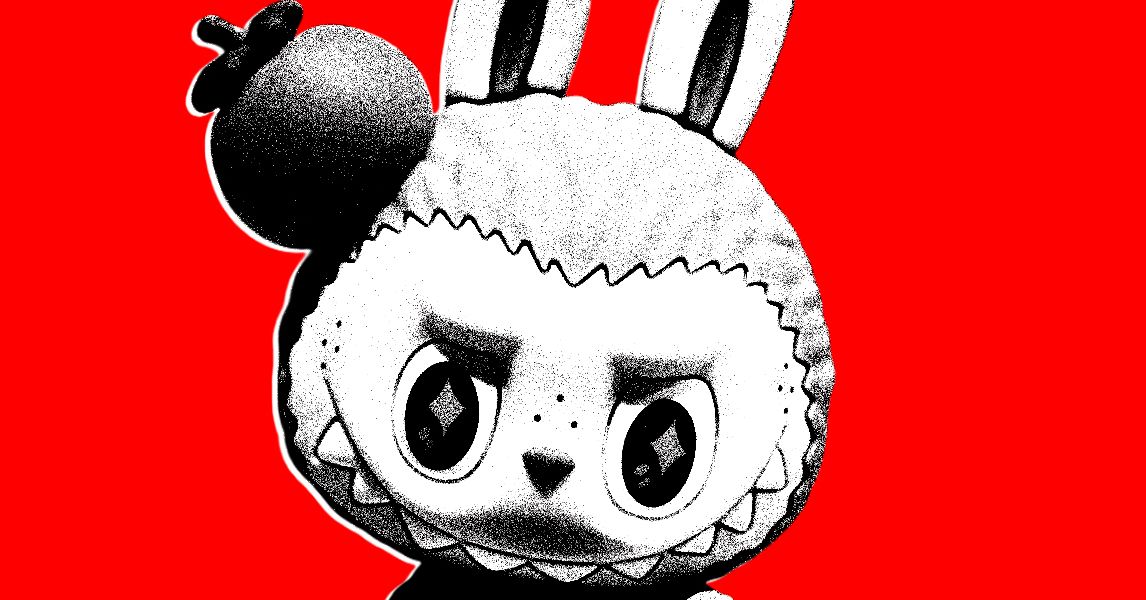
How Hong Kong Gave Rise to Labubu
The following sentence might make a globalist cry out for joy: A toy that is manufactured by a Chinese company in Vietnamese factories, designed by a Dutch artist in Belgium, inspired by indie toy culture in Hong Kong, and made viral thanks to a Thai K-pop star, has turned into the biggest Gen-Z cultural trend of 2025.
That abomination of a sentence is the story of Labubu, the creepy-cute stuffed monster that swept the world this summer. You must have seen the trend by now, but most people are still unaware of the global, decade-long story that led up to it. Last week, I published a feature story about my journey into the heart of Labubu, how this cultural mania moment was created, and where it may go from here.
It’s an inherently international story, but it’s not the first time we’ve seen it. Think about how the world fell for Pokemon Go or Kpop bands like BTS and Blackpink. These are all examples of regional cultural powerhouse industries successfully finding global audiences for their work. What’s new about Labubu, however, is that it’s the first time a Chinese company was able to engineer this level of success and cultural impact.
Sure, there are always coincidences at work for a success of this scale, but the more I reported on this story, the more I also realized the historical and economic reasons why Labubu, and the toy company behind it, Pop Mart, ended up in this place. In many ways, it resembles other Chinese tech companies that went from counterfeit producers to international name brands, moving up the value chain as they transformed manufacturing experience into valuable technological knowhow.
The story of Labubu begins in Hong Kong in the 1970s and early ‘80s, when the city became a manufacturing hub for toys. From Mattel and Disney to Japan’s Bandai, almost every major toy company was outsourcing production to factories in Hong Kong, due to the low labor costs there.
Howard Lee, the founder of a Hong Kong toy studio called How2Work, told me how that period of history shaped his childhood. “Many parents would go to factories and come home with outsourced gig work like hand painting toys at home,” he says. It was also easy for people to buy toys with cosmetic or functional imperfections from the factories directly, so a generation of children like Lee grew up with relatively easy access to flawed dolls and other toys, which made them yearn more for the better ones they couldn’t afford.
Continue Reading
-
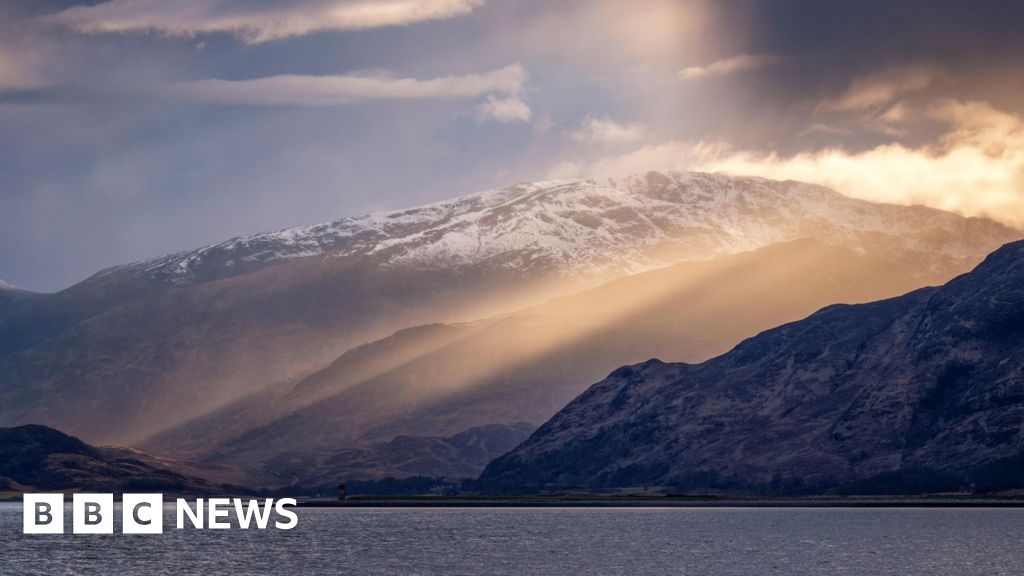
Almost 75,000 salmon escape from storm-damaged Lochaber farm
Almost 75,000 farmed salmon have escaped into open water in Loch Linnhe in the Highlands after a fish farm was damaged by Storm Amy.
Operator Mowi said a net on a pen at its Gorsten farm was torn during the severe weather.
The fish farm company said it was investigating the incident.
Scottish Greens MSP Ariane Burgess and charity WildFish Scotland said the escaped fish could pose a risk to wild salmon.
High winds during last weekend’s storm caused power cuts and also damaged sub-sea cables that bring internet services to Shetland and Tiree.
Mowi said it regretted the escape of fish into Loch Linnhe, a sea loch in Lochaber.
A spokesperson said: “Initial investigations indicate that the intense weather conditions caused mooring anchors to drag, and this brought the pen net into contact with a flotation pipe subsequently causing a tear.
“Despite challenging conditions, Mowi swiftly informed the relevant authorities, including local fisheries stakeholders and is now undertaking a full investigation.”
Ms Burgess said: “The escaped fish pose a serious threat to Scotland’s wild salmon.
“When farmed salmon breed with wild fish, it weakens the wild population and reduces their chances of survival.
“Every escape adds to the pressure on our already depleted wild salmon populations.”
WildFish Scotland has also raised concerns around farmed and wild salmon breeding.
It described the incident as one of the biggest in recent years.
The Scottish government said it was committed to working with industry, conservation groups and communities to ensure fish farming had a “sustainable and prosperous” future.
Continue Reading
-
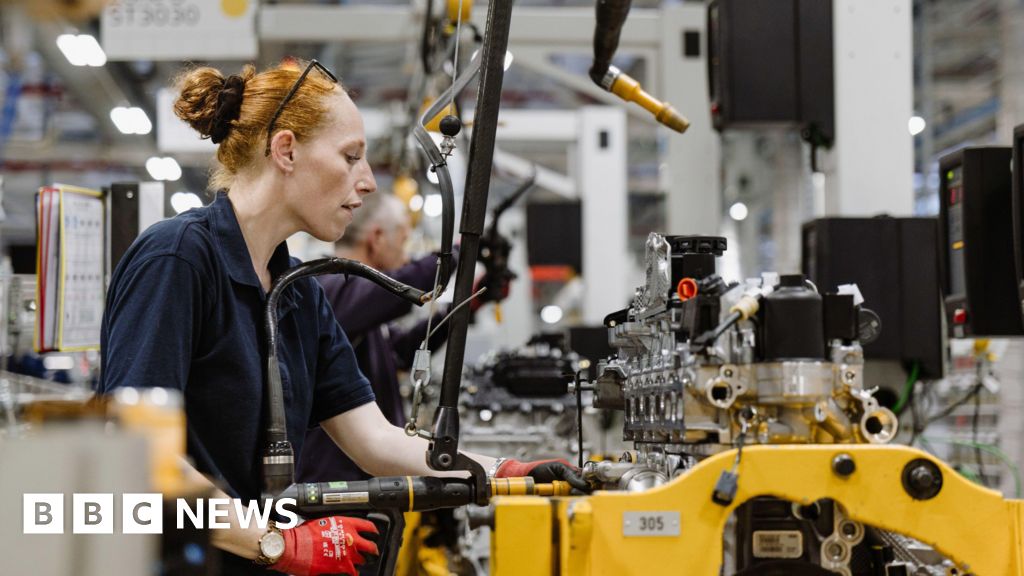
JLR factory production lines resuming hailed as ‘significant moment’
Vanessa PearceWest Midlands
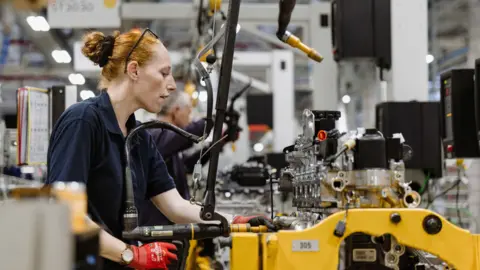 Jaguar Land Rover
Jaguar Land RoverWork has restarted in the Jaguar Land Rover Wolverhampton, Solihull and Halewood factories after the cyber attack Range Rover production lines in Solihull have resumed, according to car maker Jaguar Land Rover (JLR).
About 6,500 employees were back working at the site, it said, following the phased restart of operations after a major cyber-attack.
About 1,000 employees also started work in the car maker’s Wolverhampton engine plant on Wednesday, it said, marking a “significant moment” on its journey back to full vehicle production.
The company said it planned for all its manufacturing sites to be back up and running by the end of next week as it recovered from the incident.
JLR revealed on Monday it had suffered a sharp drop in sales following the incident, adding it had been a “challenging quarter” as it also dealt with the impact of higher US tariffs.
There was a “strong sense of unity and momentum” as the company welcomed back staff, said global manufacturing director Luis Vara.
The company was back to doing “what we do best”, he added, “building quality luxury vehicles for our customers”.
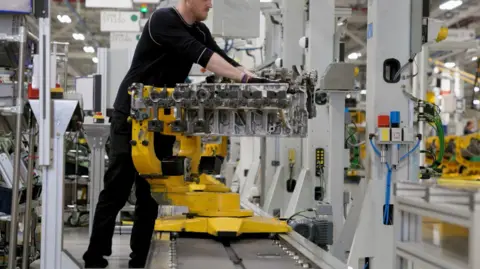 Jaguar Land Rover
Jaguar Land RoverThe company has revealed a sharp drop in sales over recent months Stamping operations in Castle Bromwich, West Midlands, and Halewood, in Merseyside, have also resumed, the company said.
It said the remaining production lines in Solihull, which make the Range Rover Velar SUV and Jaguar F Pace models, would come back on stream next Monday, alongside vehicle manufacturing operations in Halewood.
Overseas factories in Pune, India, and Brazil are set to follow suit later next week, marking the final sites to resume operations.
“Wolverhampton is one of the first sites to restart production because it’s where we build all of the engines for JLR vehicles ahead of vehicle production taking place,” the company added.
The attack came at a crucial time for the company with the release of new 75-series number plates expected to trigger a surge in demand.
Between July and September, sales fell by 17.1% compared with the same period a year ago.
UK sales had dropped by a third, the company said.
JLR said this partly reflected the production freeze since the start of September.
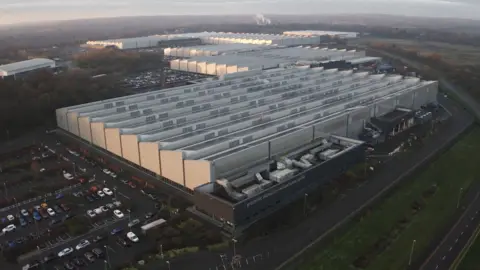 Jaguar Land Rover
Jaguar Land RoverAbout 1,000 workers returned to the company’s Wolverhampton factory on Wednesday JLR has announced a programme to fast-track payments to its direct suppliers, some of which have laid off workers after their revenues dried up following the hack.
The company also vowed to pay back financing costs for those JLR suppliers who use the scheme during the restart phase.
Industry insiders have warned the resumption of production, while welcome, does not end the crisis being experienced by many smaller suppliers.
Continue Reading
-
Sony's PlayStation 6 Aims for a Graphics Leap With New Architecture Strategy – PCMag
- Sony’s PlayStation 6 Aims for a Graphics Leap With New Architecture Strategy PCMag
- Sony teases new GPU tech coming to its next PlayStation The Verge
- AMD Unveils Radiance Cores, Neural Arrays & Universal Compression For Next-Gen RDNA GPU…
Continue Reading
-
PM reaffirms government's resolve to eliminate terrorism – RADIO PAKISTAN
- PM reaffirms government’s resolve to eliminate terrorism RADIO PAKISTAN
- Khawaja Asif: Pakistan’s Relations with Afghanistan Currently Not Good TOLOnews
- Time for decisive actions against terrorism, warns PM Shehbaz Geo.tv
- ‘Pakistan runs out of…
Continue Reading
-

Irish rock band to split after over a decade
 BBC
BBCKodaline performed on the Other stage at Glastonbury in 2017 Irish rock band Kodaline have announced they are splitting after more than a decade together.
The group, known for hits including All I Want and High Hopes, said they will record a…
Continue Reading


